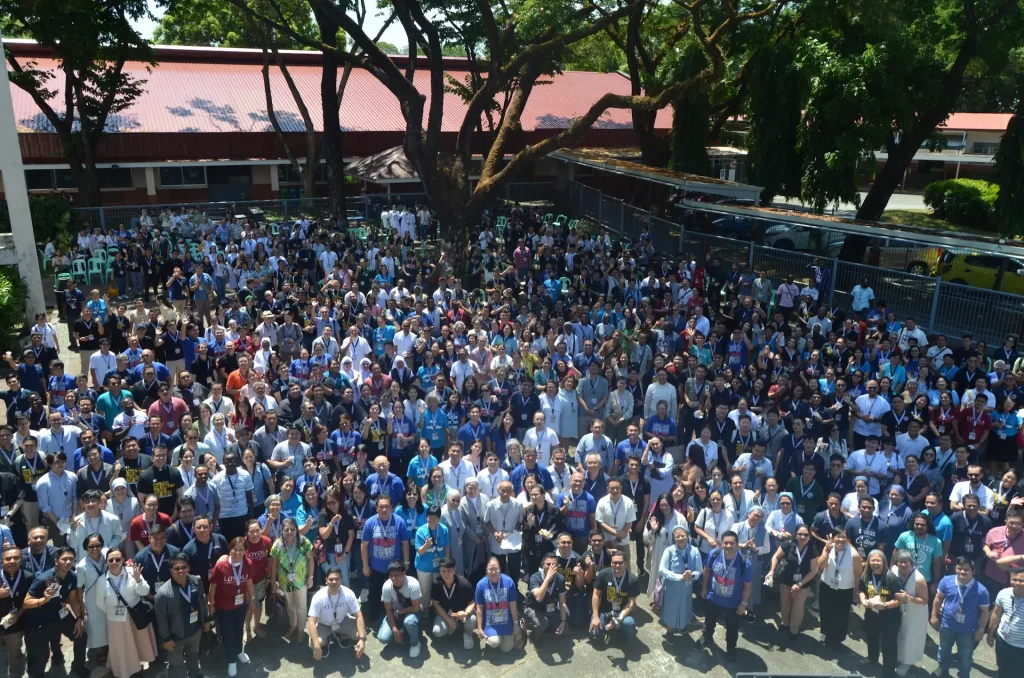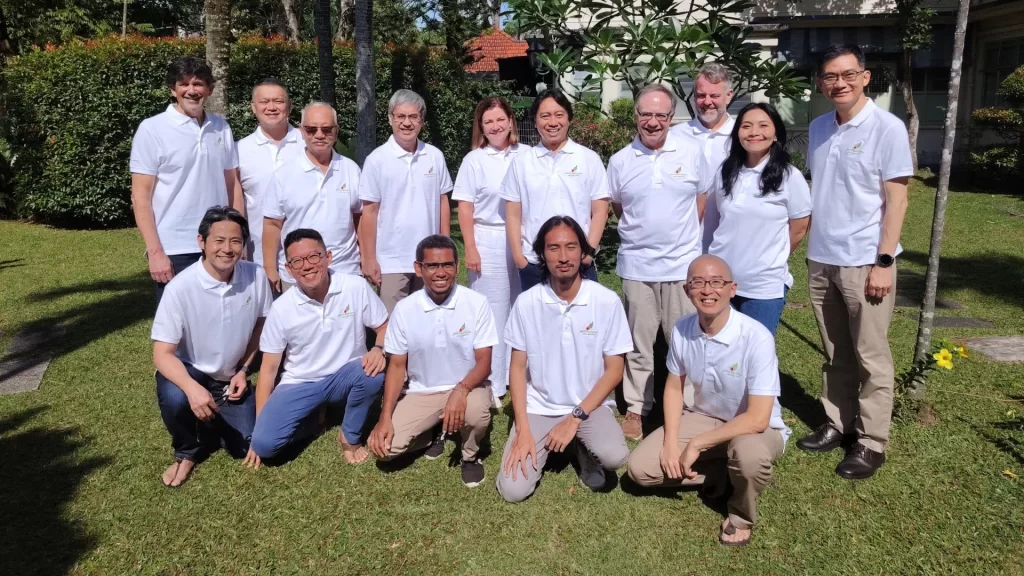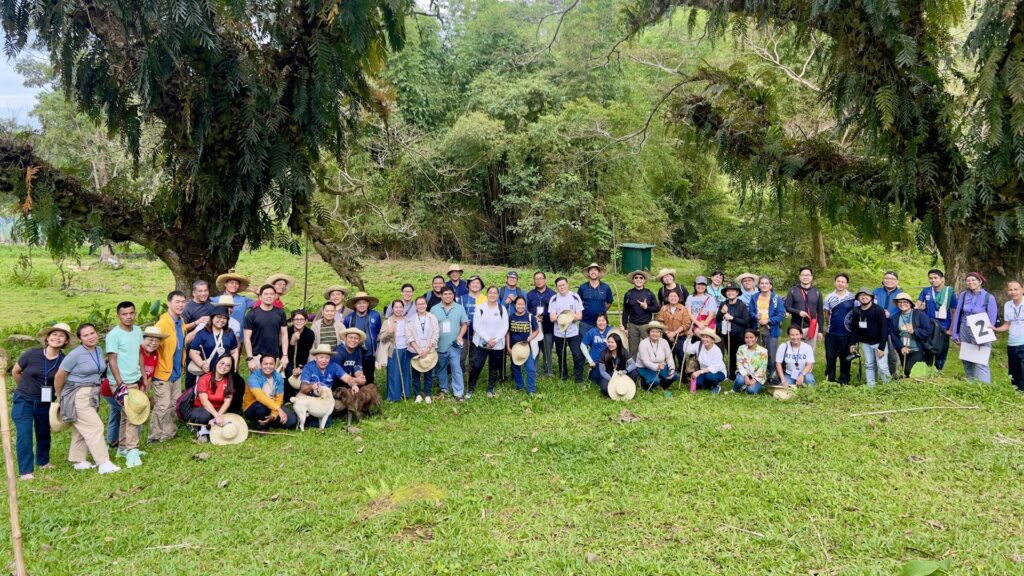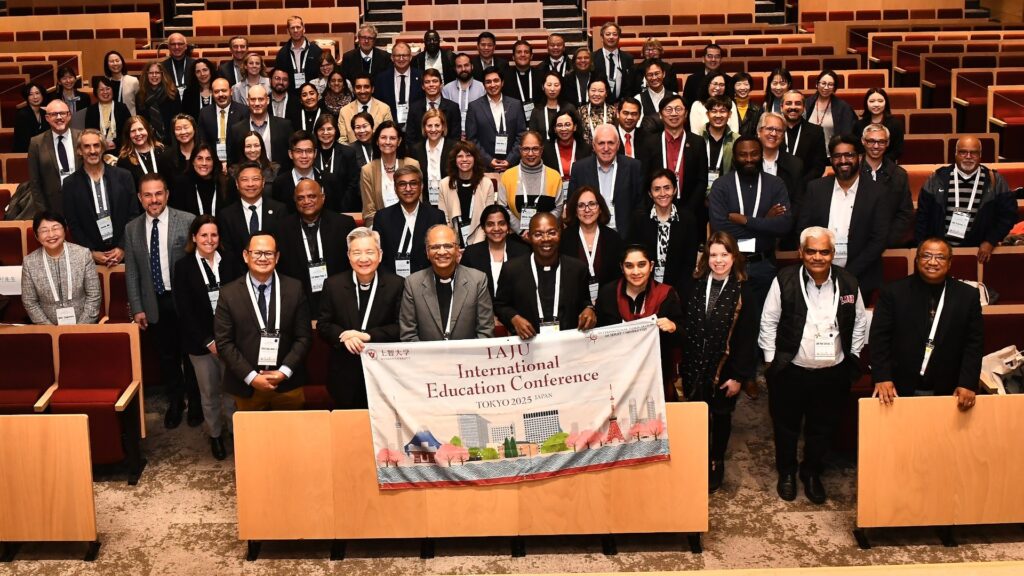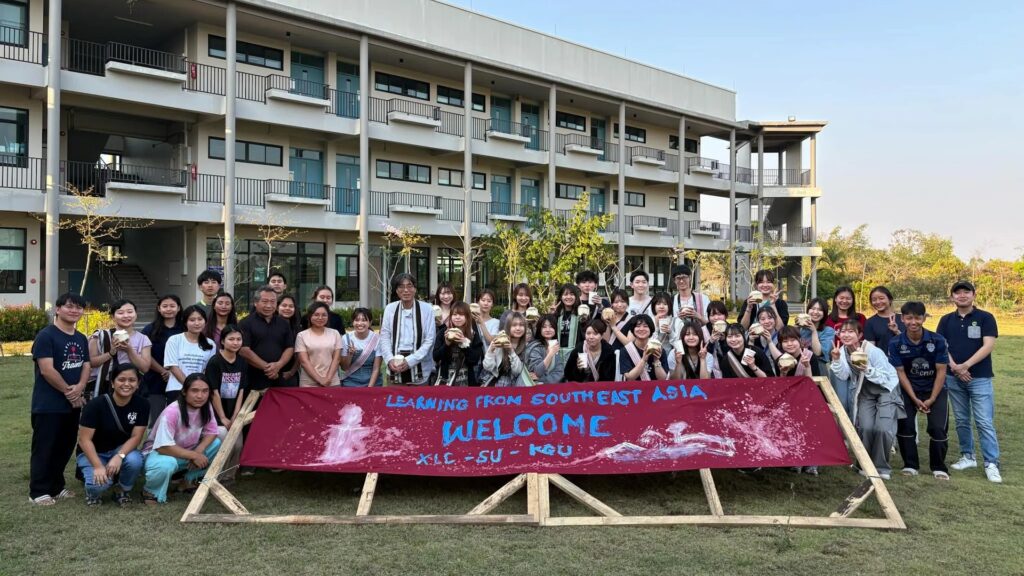The first Jesuit university in India was inaugurated on July 7. Located in Bhubaneswar, the capital of the state of Odisha, Xavier University (XU) is also the state’s first Catholic university and the fourth Catholic university in India.
In his address, Odisha Chief Minister Naveen Patnaik said that the new university aims to be a centre of both academic excellence and sound ethical values, and thanked the Jesuits in Odisha for taking establishing it.
The Xavier University in Odisha bill was approved by the State Legislative Assembly on April 5, 2013 and received the Governor’s approval on May 9, 2013. The law provides for the establishment and construction of a private university.
In his welcome speech, Fr Paul Fernandes SJ, Vice Chancellor, said, “XU is God’s Gift to us. We receive it with gratitude in our hearts. We commit ourselves to its establishment and growth. We bless it today.”
“We hope that this University will continue to be inspired by the Jesuit ideals, namely to be visionary, innovative, research-driven and open to all (global). We hope this university will make a contribution not only to management but also to all fields of human endeavour striving to contribute to the building up of a new society by transforming the face of the earth.
“As we come together in this 21st Century university, we create a history that, we hope, will be fulfilled in our times. It is a matter of joy for all of us that we are the first ones, the first fruits of the university. May God bless this university and continue to bless its growth and guard and protect, and provide for all its needs in the days to come.”
The idea of creating the university – which is spread over 35 acres, Kurki, 12 km from Bhubaneswar – was born four years ago and has cost an investment of 40 Indian crore (almost 5 million Euro).
Courses in the Master in Business Administration (MBA) programme and the doctoral programme on the integrated market began in June. In the coming years, XU will offer courses in science, humanities, arts, sciences, education, culture and communication. It can currently accommodate 500 students and 400 faculty members.
A unique feature of XU is that about 50 percent of the places is reserved for Odisha students. No other private university in the country has such a provision. “We have done it because of our commitment to the state,” said Fr Fernandes.
In his address Archbishop John Barwa SVD of Cuttack-Bhubaneswar said, “This university will be a loving mother to give birth to future philosophers, great scientists, to eminent thinkers and outstanding statesmen for our country and the world.”
Others who spoke on the occasion include Rajive Kaul, chairman, Board of Governors, Pradeep Maharathy, Odisha Minister of Agriculture, Fisheries and Animal Resources, Dr Pradeep Panigrahy, Odisha Higher Education Minister and Fr George Fernandese SJ, Provincial of Jameshedpur Jesuit Province and President of Odisha Jesuit Society. [AsiaNews]


